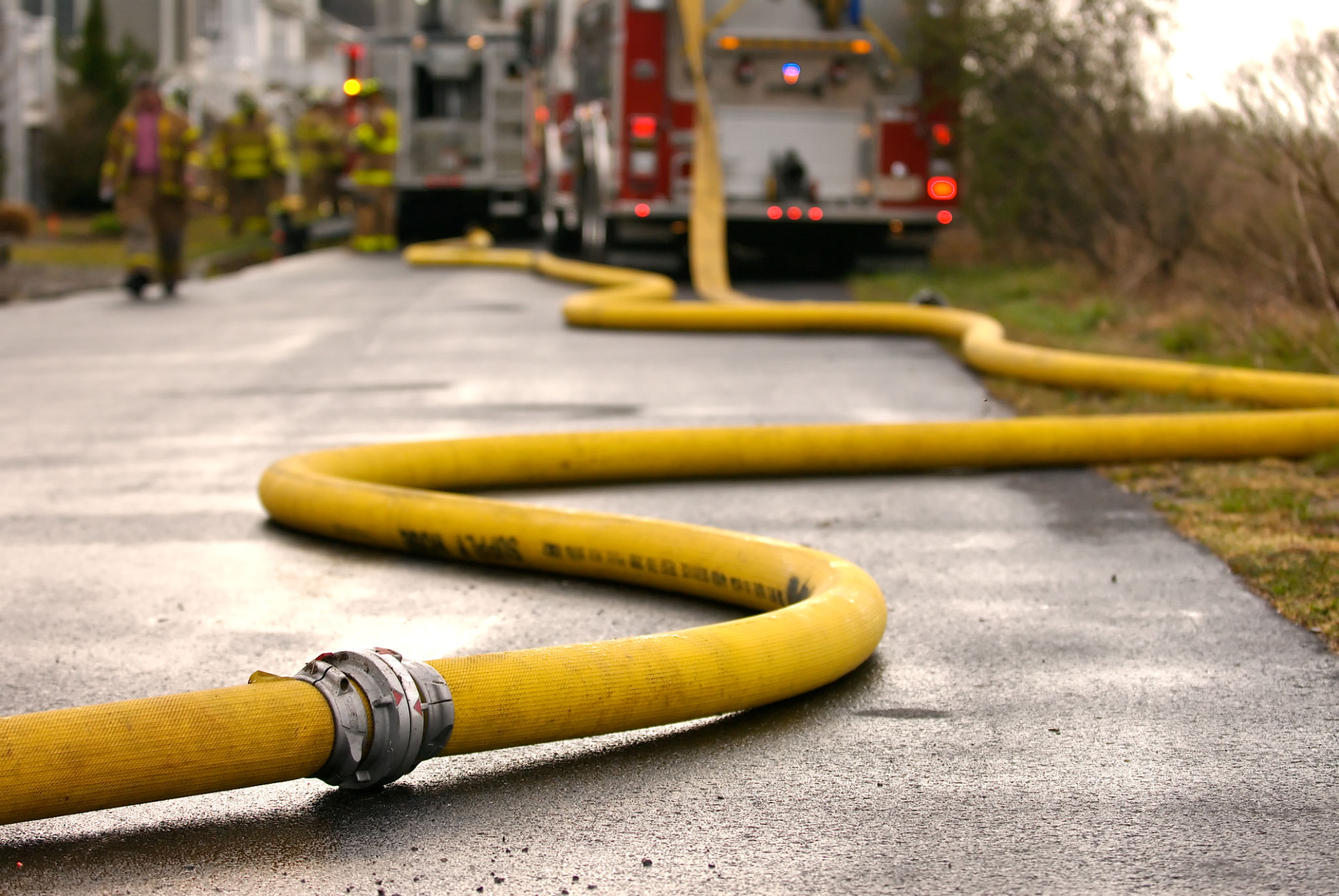Preparing for Seasonal Emergencies: A Guide to Mobile Medical Teams
Understanding Seasonal Emergencies
Seasonal emergencies, such as hurricanes, blizzards, and floods, can strike with little warning, leaving communities in urgent need of medical assistance. These events often disrupt local healthcare services, making it essential for mobile medical teams to be ready to deploy at a moment’s notice. By understanding the nature of these emergencies and preparing accordingly, healthcare providers can ensure they are equipped to meet the demands of affected populations.

The Role of Mobile Medical Teams
Mobile medical teams play a critical role in delivering healthcare during seasonal emergencies. These teams are trained to operate in challenging environments and provide essential medical services where they are most needed. Their ability to quickly mobilize and set up temporary healthcare facilities is vital in reducing the impact of disasters on public health.
Equipped with portable medical supplies and technology, mobile units can address a range of health issues, from minor injuries to life-threatening conditions. Their presence ensures that even in the midst of chaos, individuals have access to professional medical care.
Essential Preparations for Deployment
Preparation is key to the successful deployment of mobile medical teams. Here are a few essential steps to consider:
- Training and Drills: Regular training sessions and emergency drills help ensure that team members are familiar with protocols and can work efficiently under pressure.
- Equipment and Supplies: Maintaining an inventory of necessary medical supplies, including medications, first aid kits, and diagnostic tools, is crucial for effective response.
- Communication Systems: Reliable communication tools are essential for coordinating efforts and sharing information with other emergency services.

Building Community Partnerships
Strong community partnerships are invaluable when preparing for seasonal emergencies. Collaborating with local authorities, non-profit organizations, and other stakeholders can enhance the effectiveness of mobile medical teams. These partnerships facilitate resource sharing and ensure a coordinated response during crises.
Community engagement is also vital for understanding the specific needs of different populations. By working closely with community leaders, mobile medical teams can tailor their services to better meet the needs of those they serve.
Adapting to Changing Conditions
The dynamic nature of seasonal emergencies requires mobile medical teams to be adaptable. Teams must be prepared to adjust their strategies based on evolving conditions and emerging challenges. Flexibility in response plans allows teams to remain effective even when circumstances shift unexpectedly.

Technological Innovations in Emergency Response
Advancements in technology have significantly enhanced the capabilities of mobile medical teams. Innovations such as telemedicine, portable diagnostic devices, and electronic health records allow for more efficient patient care during emergencies. These tools enable teams to provide high-quality healthcare while operating in remote or resource-limited settings.
Moreover, data analytics can assist in predicting the impact of seasonal emergencies, allowing for better preparation and resource allocation.
Conclusion: The Importance of Preparedness
Preparing for seasonal emergencies is a continuous process that requires commitment and collaboration among all stakeholders involved. Mobile medical teams are indispensable in these efforts, providing critical healthcare services when and where they are needed most. By focusing on training, community partnerships, adaptability, and technological integration, these teams can significantly mitigate the effects of disasters on public health.
As we face the increasing frequency and intensity of seasonal emergencies due to climate change, the role of mobile medical teams will only become more crucial. Ensuring they are well-prepared is essential for safeguarding communities and saving lives.
